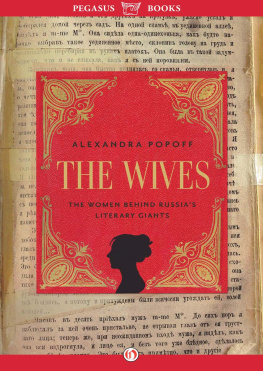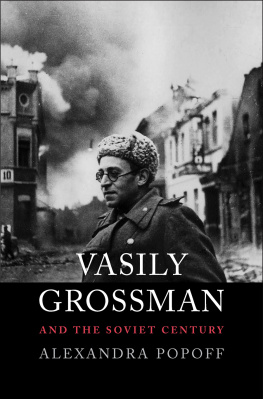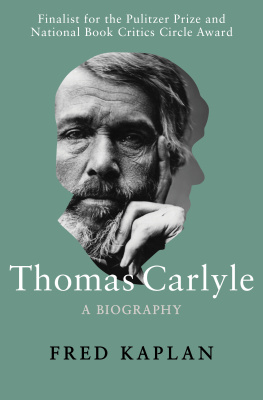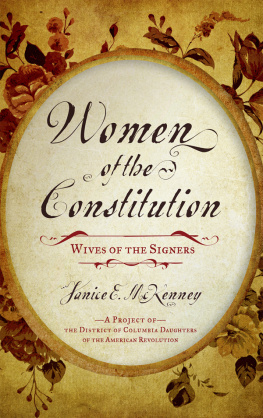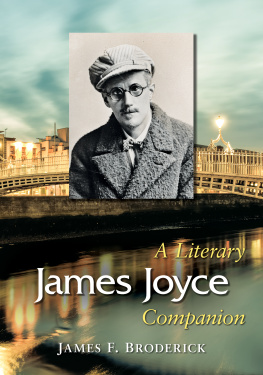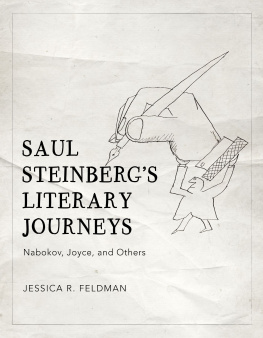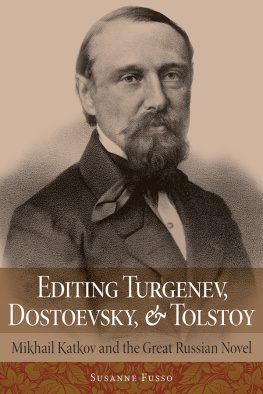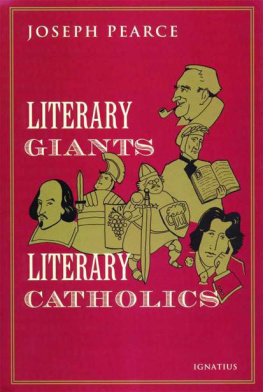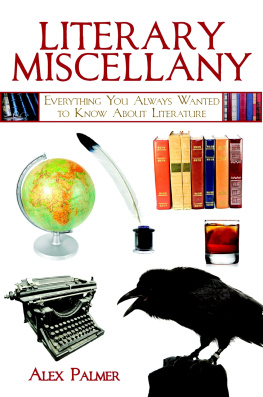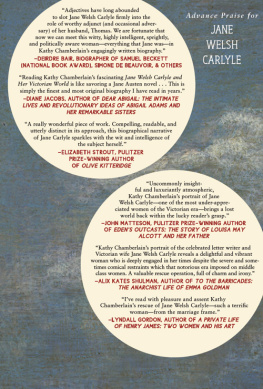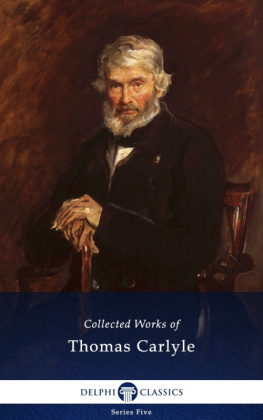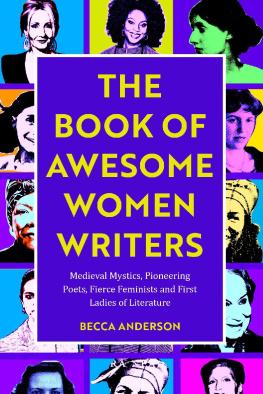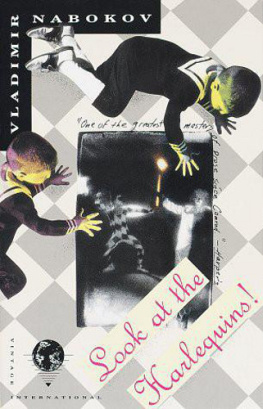THE WIVES
THE WOMEN BEHIND RUSSIAS
LITERARY GIANTS
ALEXANDRA POPOFF

PEGASUS BOOKS
NEW YORK LONDON
To My Parents
C HAPTER O NE
Anna Dostoevsky: Cherishing a Memory
F ew writers describe their day of birth as a festive event, but for Anna it portended her later mission of being married to Dostoevsky. She was born in St. Petersburg on August 30, 1846, the feast day of St. Alexander Nevsky,
She was christened in a parish church of Alexander Nevsky Monastery, the place where her parents had been wed; Dostoevsky would be buried in the monastery cemetery thirty-five years later. In her minds eye, the two great names were interrelated: Alexander Nevsky, a national hero and a saint, flared at her dawn and sunset, while Dostoevsky was, in her words, the sun of her life as well as her god.
Anna came from a family whose parents became drawn to each other at first sight. They did not even speak the same language when they met: Annas mother was Swedish and her father Ukrainian. Maria Anna Miltopeus grew up in a Swedish community in Finland, in the ancient city of Turku (bo in Swedish). Some of her prominent ancestors, clerics and scholars (one was a Lutheran bishop), were buried inside the Cathedral of Turku,, an unimposing civil servant of forty-two, was not considered a possible match (he simply came with one of the guests), but he alone impressed the young Swede. As Maria Anna told her family, I liked the old fellow betterthe one who kept telling stories and laughing. Because their different faiths presented an obstacle to marriage, Maria Anna, a Lutheran, decided to enter the Orthodox Church. (After converting, she took the name Anna Nikolaevna.) Later, she integrated Orthodox rites with her Lutheran prayer book.
Although occupying a modest rank, Snitkin was a well-educated man who had graduated from a Jesuit school and worshiped literature and the arts. A theater connoisseur since youth, he revered a prominent tragic actress, Asenkova. When Anna and her sister were small, he took them to Asenkovas tomb and asked them to kneel and pray for the repose of the soul of the greatest artist of our time. This incident made a deep impression on Anna, who would revere Dostoevskys talent as her father had admired the late actress.
Annas family lived without quarrels, dramas, and catastrophes. Her parents characters were well matched: a strong-willed and practical mother and a romantic and timid father. Snitkin accepted his wifes authority, only reserving one liberty for himselfcollecting curios and antique porcelains. The familys friendly atmosphere generated Annas balanced and cheerful character, which would enchant Dostoevsky, who himself was tempestuous and grim. Annaa middle child with an older sister and a younger brotherwas her fathers favorite. Like Snitkin, she would live for a month under the spell of the opera and ballet performances the family attended on holidays.
For a girl of her time, Anna received an excellent education. She studied in a primary school where most subjects were taught in German, the language her mother spoke at home. (Anna would become Dostoevskys translator in Germany and in Switzerland, where they traveled shortly after marrying.) Enrolling in the newly opened Petersburg Mariinskaya Gymnasium, a secondary school for girls, she graduated with a silver medal, a distinction that, in her eyes, would justify her marriage to the brilliant writer.
Dostoevskys name was familiar to her in childhood: her father called him the greatest among living writers and subscribed to his literary magazine Time., an intellectual group that discussed socialist utopian ideas. Anna was three years old when in 1849 Dostoevsky was convicted and sentenced to exile with hard labor.
She belonged to the generation of Russian women who pursued higher education and careers following the Great Reforms of the 1860s under the Tsar Alexander II: The idea of independence for me, a girl of the sixties, was a very precious idea. In 1864, she entered the recently opened Pedagogical Institute to study natural sciences: Physics, chemistry, and zoology seemed a revelation to me, and I registered in the schools department of mathematics and physics. But lectures on Russian literature interested her more than science classes, and after her first year she left this school without regret.
It was also a time when her elderly father became ill and she wanted to be with him to care for her beloved invalid. She read Dickenss novels to him, unaware they were also Dostoevskys preferred reading. Her father was upset that she left school and, to assuage him, Anna enrolled in an evening course in stenography, then a novelty in Russia. A newspaper announcement said that graduates would be employed in the law courts, at meetings of learned societies, and during congresses; this, Anna felt, would give her the economic independence she yearned for.
While the first public lecture was not recorded in Russia by a stenographer until 1860, stenography had long been practiced in Germany and in England: Dickens mastered it as a young reporter covering Parliament. The first course available in 1866, which caught Annas attention, was taught by Professor Pavel Olkhin, who used the Gabelsberger System. A medical doctor, Olkhin also wrote books on popular subjects; one of them, a book about the final days of suicides, fascinated Dostoevsky because of his longstanding interest in the subject.
Olkhins stenography course became instantly popular and drew a hundred and fifty students, but the majority soon quit. Like others, Anna was saying that it was all gibberish and she would never be able to master it, but her father reproached her for lack of persistence, saying she would become a good stenographera prophecy on his part.
When her father died later that year, Anna was so distraught that she could not attend classes. Her professor allowed her to complete the course by correspondence, and after three months of practicing shorthand Anna had mastered the skill. By September 1866, she was the only student Professor Olkhin could recommend for literary work.
The day she received her first assignmentand with her favorite authorwas the happiest of her life. Dostoevsky wanted to dictate his new novel, she was told, and would pay fifty rubles for the entire project. The idea that she was becoming independent and was able to earn money delighted her so much that if I were to inherit 500 rubles I wouldnt be as glad. Olkhin, however, warned Anna that Dostoevsky was difficult to get on with: He seemed to me such a surly, gloomy man! This did not shake her confidence because she needed the job: her family was struggling financially after her fathers death, and although they had two rental houses, generating two thousand rubles annually, there were also debts.
Anna spent a sleepless night before her appointment, worrying that Dostoevsky would examine her on his novels. Never having known any literary celebrities in my social circle, I imagined them as being exceptional creatures who had to be spoken to in a special way. She would discover that she remembered Dostoevskys works better than the writer did himself: he had only a vague recollection of what The Insulted and Injured was about, he would tell her during their courtship.
On the fateful day of October 4, she left home early to buy a supply of pencils and a portfolio to make her look more businesslike. The Alonkin house where Dostoevsky lived was a large multistoried apartment building occupied by merchants and artisans, and it instantly reminded her of Raskolnikovs house in

